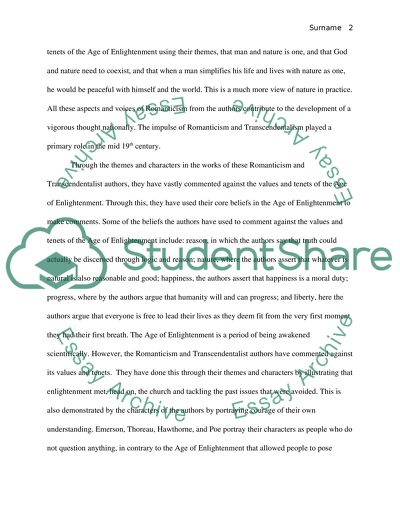Cite this document
(“Romantics and Transcendentalists Research Paper”, n.d.)
Retrieved from https://studentshare.org/english/1463893-romantics-and-transcendentalists
Retrieved from https://studentshare.org/english/1463893-romantics-and-transcendentalists
(Romantics and Transcendentalists Research Paper)
https://studentshare.org/english/1463893-romantics-and-transcendentalists.
https://studentshare.org/english/1463893-romantics-and-transcendentalists.
“Romantics and Transcendentalists Research Paper”, n.d. https://studentshare.org/english/1463893-romantics-and-transcendentalists.


